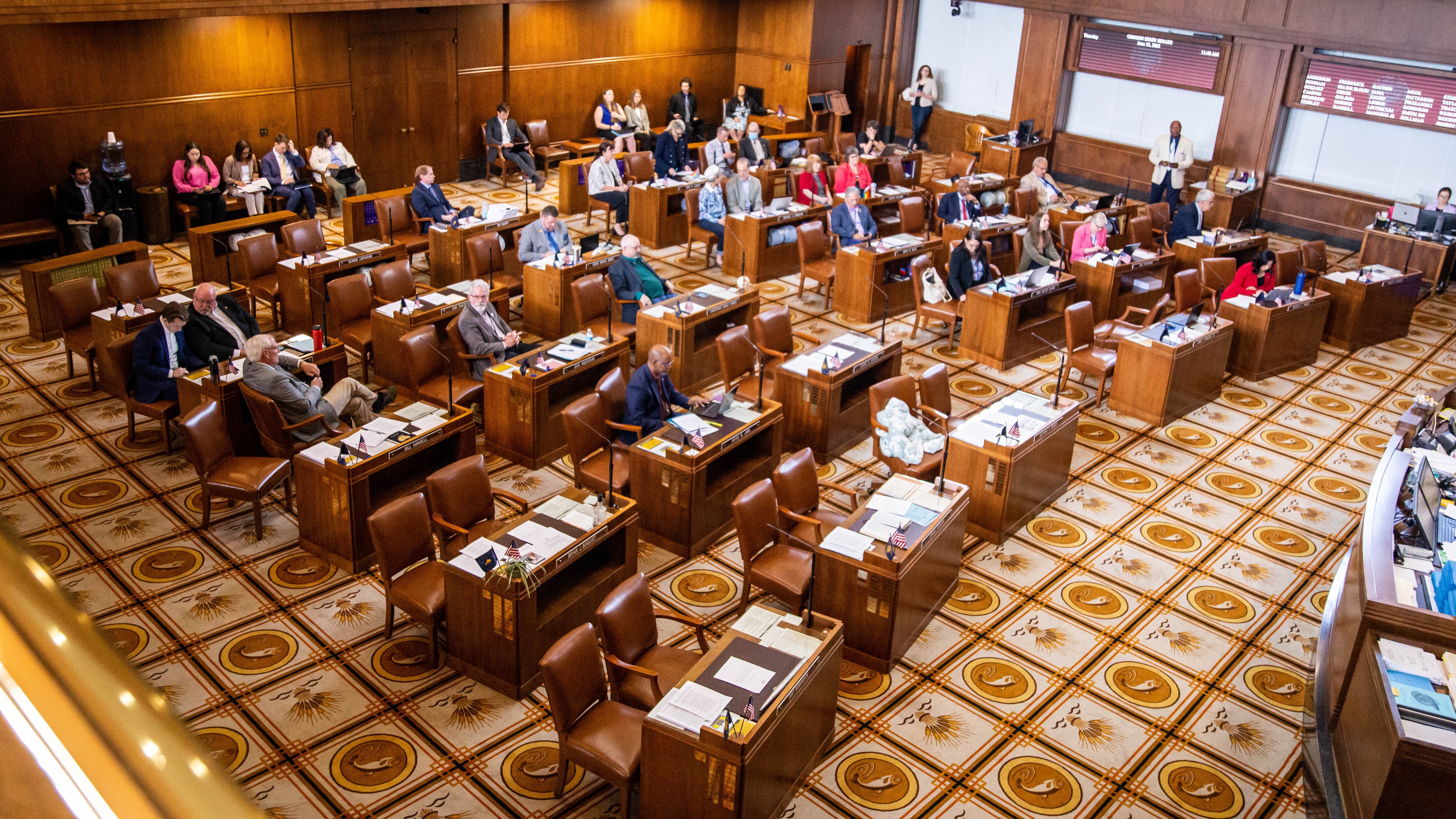A terse announcement by Senate President Rob Wagner (D-Lake Oswego) last week raised the stakes for the remainder of the legislative session.
Wagner gave notice that he was removing state Sen. Aaron Woods (D-Wilsonville) from the Senate Labor and Business Committee, the Joint Committee on Ways and Means, and its Subcommittee on Transportation and Economic Development.
Those are all weighty assignments and will only grow more demanding as the Legislature sharpens its focus on bills that are likely to pass and grapples with the state budget.
Although Wagner’s announcement did not give a reason for the abrupt changes, his spokesman, Connor Radnovich, filled in some information.
“Sen. Woods is getting treatment that will require him to periodically be away from the Capitol‚" Radnovich said in an email. “The necessities of legislative deadlines and committee quorums require us to shift committees so work can continue.”
Radnovich said he could not provide further details, and Woods’ office did not immediately reply to a request for comment.
Although the extent of the health challenges faced by Woods are unclear, Wagner’s decision to remove him from committees suggests they may be serious.
Earlier this session, as the Oregon Capitol Chronicle reported, state Rep. Hoa Nguyen (D-Portland) revealed she was suffering from stage 4 cancer, which has caused her to be absent much of the session as she undergoes treatment.
The health of Nguyen and Woods are matters of great consequence for them and concern for their constituents. In this session, they also have import for their caucus and its policy aims, which dangle by a thread.
The Joint Committee on Transportation unveiled a funding proposal April 3 that includes several different potential tax increases.
The Oregon Constitution requires a three-fifths supermajority to raise taxes or pass new ones. Currently, Democrats have a supermajority in each chamber (18-12 in the Senate and 36-24 in the House).
Generally, a member must be present to cast a floor vote. The rules of the Senate and the House appear to give a tiny bit of wiggle room, saying that “except by unanimous consent, no member shall be permitted to vote on any question unless in attendance at the time the question is put.”
Although there is no certainty that transportation tax increases will make it to the floor of either chamber for a vote, Democrats would either need to convince some Republicans to vote for tax increases or get every single Democrat to vote yea. Neither scenario is impossible, but health-related absences add another element of uncertainty to the process.
This story was produced by the Oregon Journalism Project, a nonprofit newsroom covering rural Oregon.
